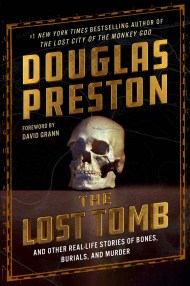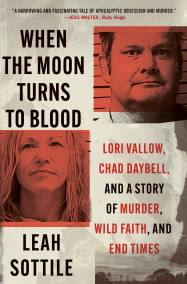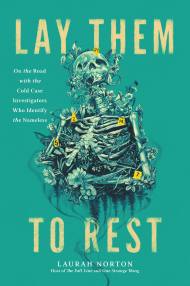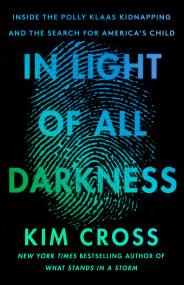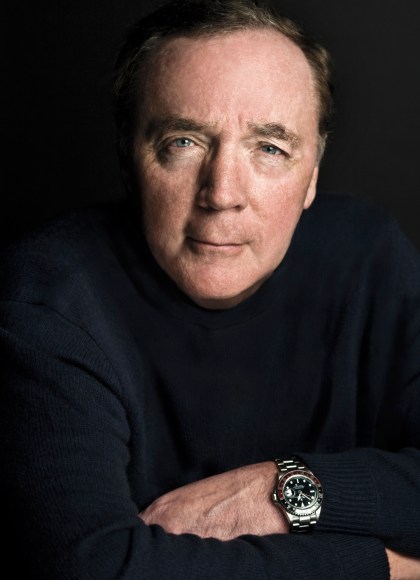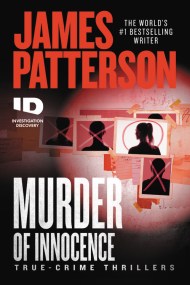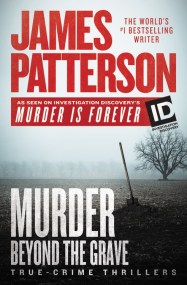Promotion
Use code MOM24 for 20% off site wide + free shipping over $45
Till Murder Do Us Part
Contributors
Formats and Prices
Price
$16.99Price
$22.99 CADFormat
Format:
This item is a preorder. Your payment method will be charged immediately, and the product is expected to ship on or around January 19, 2021. This date is subject to change due to shipping delays beyond our control.
Also available from:
From the world's #1 bestselling author comes a collection of Discovery ID true crime stories where the bonds of matrimony and love can tear you brutally apart.
Til Murder Do Us Part: Kathi Spiars can't believe she's found such a good man to marry as Stephen Marcum. Twelve years later, she starts to suspect that he isn't who he says he is. As she digs into his past, she doesn't realize that learning the truth will lead to a lifetime of fear and hiding. (with Andrew Bourelle)
Ramp Up to Murder: Brandi McClain, a young beautiful teenager, moves to California from Arizona, to model and live with her new boyfriend, a professional skateboarder. But her perfect life is about to turn on its head. In San Diego, investigators hunt for a missing girl. It’s a case that seems to plagued by dead ends. But once the truth emerges, it’s more haunting than they could have imagined. (with Max DiLallo)
Genre:
- On Sale
- Jan 19, 2021
- Page Count
- 336 pages
- Publisher
- Grand Central Publishing
- ISBN-13
- 9781538752487
Newsletter Signup
By clicking ‘Sign Up,’ I acknowledge that I have read and agree to Hachette Book Group’s Privacy Policy and Terms of Use


